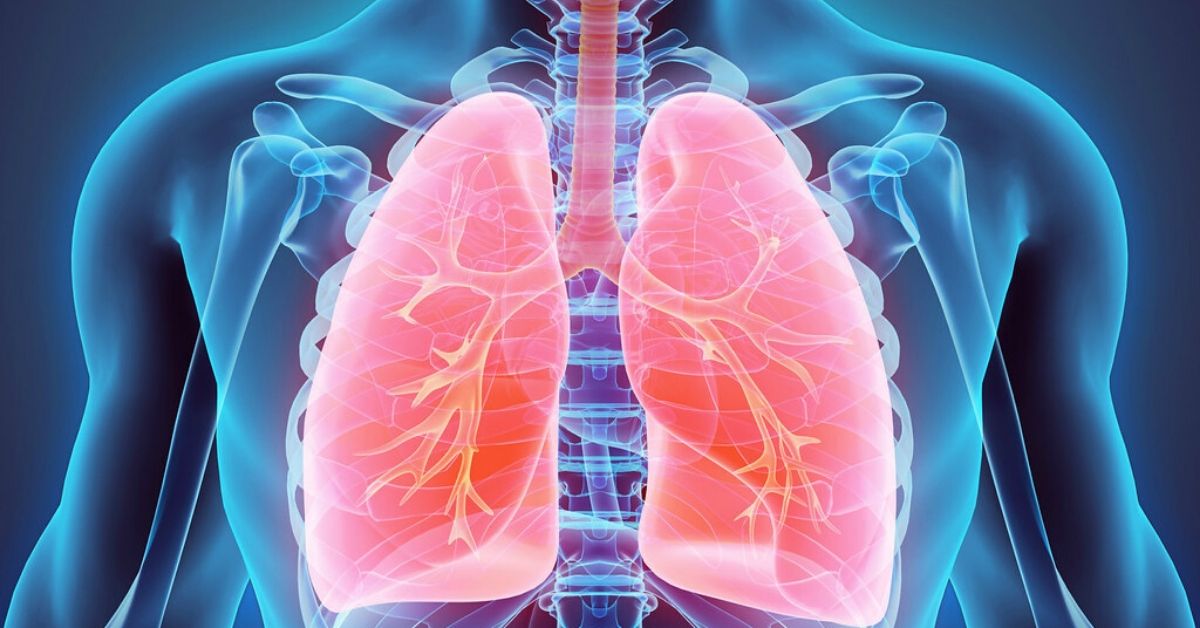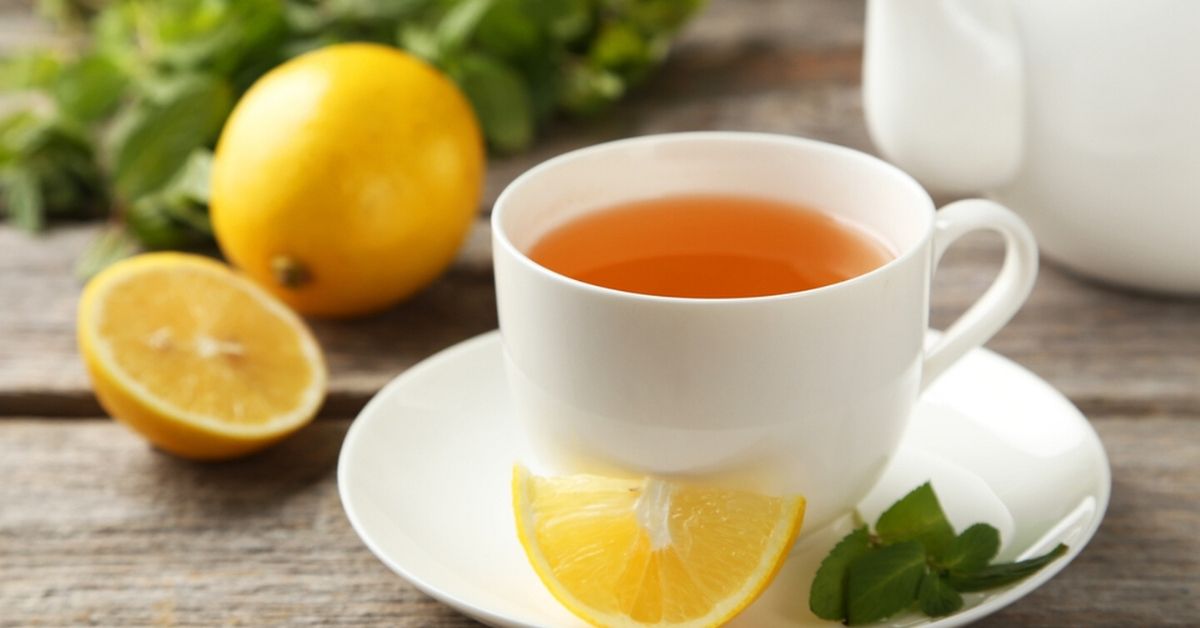Mullein Tea
All you need to know about mucus production


What causes mucus production to increase?
Respiratory infections like colds, the flu, and sinusitis are common causes of increased mucus production and coughing up mucus. Allergic reactions are another reason that mucus production can increase. Even consumption of spicy foods can spark excess mucus production in the nasal passages.
When you are sick from respiratory infection, you may notice thickened mucus that may appear darker than normal. This thickened mucus is harder to clear than typical mucus. This mucus is associated with many of the characteristic symptoms of a cold or flu. The mucus may also appear yellow-green in color when you are ill.
What areas of the body produce mucus?
Mucus is produced in many sites in the body by mucus glands in the lining tissues of multiple organs, including the:
lungs, sinuses, mouth, throat,nose, and gastrointestinal tract.
What is the difference between mucus and phlegm?
Phlegm is the term that is used to refer to mucus produced by the respiratory system, particularly when excess mucus is produced and coughed up. During an infection, the mucus contains the viruses or bacteria responsible for the infection as well as infection-fighting cells of the body's immune system (white blood cells).
Phlegm itself is not dangerous, but when present in large amounts, it can clog the airways. Phlegm is usually expelled by coughing, and this is typically accompanied by symptoms like nasal congestion, runny nose, and sore throat.
What do different colors of mucus and phlegm mean?
The thickened mucus that accompanies many illnesses is often darker and yellow-colored compared to normal, clear, thin mucus. Greenish mucus means that the mucus contains infection-fighting white blood cells. Blood-tinged or brownish mucus is also common with upper respiratory infections, especially if the inside of the nose has become irritated or scratched.
When is excessive mucus a problem?
Excessive mucus is a serious problem, and it is uncomfortable and a nuisance, particularly when it blocks sinuses or causes coughing fits. Thickened mucus and excess mucus production cause many unpleasant symptoms including:
runny nose, nasal congestion, sore throat, sinus headache, and cough
Reduce mucus with Mullein
Mulleinhelps remove any 'gunk' from with the lungs via its gentle yet thorough expectorant abilities. It helps the lungs purge themselves of mucous and phlegm that have taken their fill of toxins, pollutants, and foreign matter so that it can be given healthy replacements.
Like many herbs, mullein has natural mucilage which soothes, coats, and protects the respiratory system from the mouth to the lungs.
Additionally check out our blog>> Energy boosting foods for those with respiratory diseases
SUPPORT
Mullein helps remove any 'gunk' from with the lungs via its gentle yet thorough expectorant abilities. It helps the lungs purge themselves of mucous and phlegm that have taken their fill of toxins, pollutants, and foreign matter so that it can be given healthy replacements.
Herbal Tea Therapy: Any food Information found on Herbal Tea Therapy is meant for educational and informational purposes only, and to motivate you to make your own health care and dietary decisions based upon your own research and ****in partnership with your health care provider.*** It should not be relied upon to determine dietary changes, a medical diagnosis or courses of treatment.








